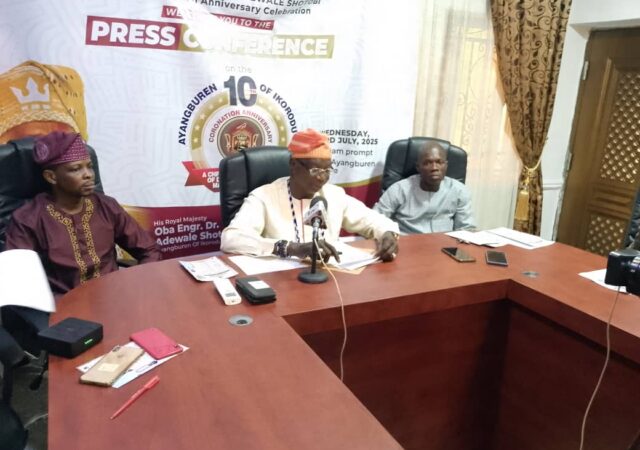Nigerian born Prof. Chukwumerije Okereke has been elected Fellow of The World Academy of Sciences for the advancement of science in developing countries (UNESCO-TWAS) in recognition of his outstanding contribution to science and its promotion in the developing world.
Okereke is a Professor in Global Governance and Public Policy in the School for Policy Studies, Bristol University, UK, and Director for the Center for Climate Change and Development, Alex Ekwueme Federal University Ndufu-Alike, Nigeria.
Professor Okereke is a globally recognized leading scholar on global climate governance and international development with specialism on the justice dimensions of the international climate regime and just societal transitions to the green economy.
He has a strong track record of cutting-edge and high-impact research focused on understanding and addressing systemic barriers to economic and social inclusion in the context of climate policy and green economy transitions.
Okereke has made significant contributions to scholarship on several areas such as:
(i) understanding how different conceptions of justice influence global climate governance and the implications for climate-resilient sustainable development in developing countries;
(ii) advancing the theory of climate governance through his various works that focus on the activities of non-nation state actors in climate governance; and
(iii) advancing knowledge and practice of climate governance and green growth transitions in Africa where his work has had a far-reaching impact on public policy and practice across the continent.
He has worked with a diverse array of stakeholders to mobilise research to shape climate governance in Africa including drafting a climate change law in Nigeria, modelling Nigeria’s long-term low-carbon development strategy, designing African Unions’ Adaptation Initiative, and drafting the first ever national green growth plan in Africa, for the Government of Rwanda.
Professor Okereke’s academic merit and international research leadership status is affirmed through his leadership roles in multiple high-profile global Scientist Assessment Projects and networks including as Coordinating Lead Author, of the United Nations Intergovernmental Panel on Climate Change (IPCC) Working Group III Sixth Assessment Report.
Professor Okereke is a visiting professor at London School of Economics and Senior Academic Visitor at the University of Oxford, He is a leading member of the Global Earth Commission’s Safe and Just Transformation Working Group and Coordinator of African Forum Climate Change, Energy and Development (AFCEED) the leading African Network of scholars, policy makers and practitioners working on climate change and sustainability transitions in Africa.
Commenting on the award, Okereke said, “I am delighted to have been elected Fellow of The World Academy of Sciences for the advancement of science in developing countries (UNESCO-TWAS).
“It means a lot to me because I have always been driven by a desire to highlight the challenges faced by developing countries in addressing climate change while also pursuing economic growth as well as the opportunities to leverage climate action to build resilience and achieve economic growth.
“Developing countries face multiple challenges related to colonial legacy and unjust international economic order which work to the advantage of advanced countries. I believe that approaching climate governance from the framework of justice enables us to tackle, not just the issue of climate pollution, but also the more fundamental question of global equity and fairness needed to ensure that everyone can lead a decent life regardless of where they are born.
“I grew up in a very rural village in Old Eastern Nigeria. I played naked under the rain, swam and drank water from the brownish local river, went to school for the most time barefooted, studied under the big akparata tree in the local school, hunted rats and rabbits with my age-mates and sang with other children under the moonlight.
“I experienced the joy of growing up in the natural environment and am passionate to see that economic development for all the good things it brings does not impose existential risk on our environment and the lives of people on the planet.
This recognition encourages me to continue to work as there is still quite a long way to go to achieve climate justice for the vulnerable countries of the world.”
Okereke is among 47 Fellows elected by the Academy.






